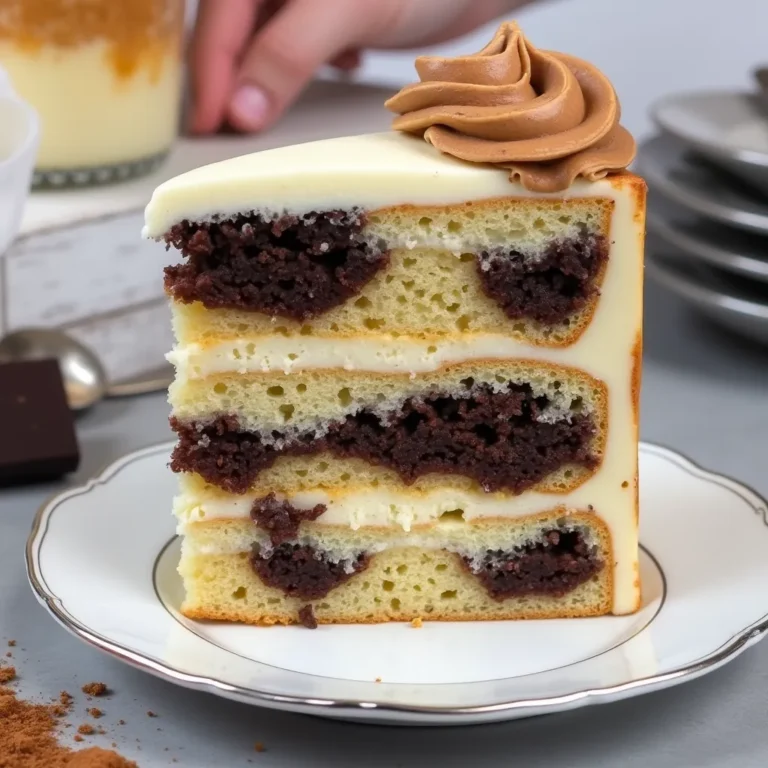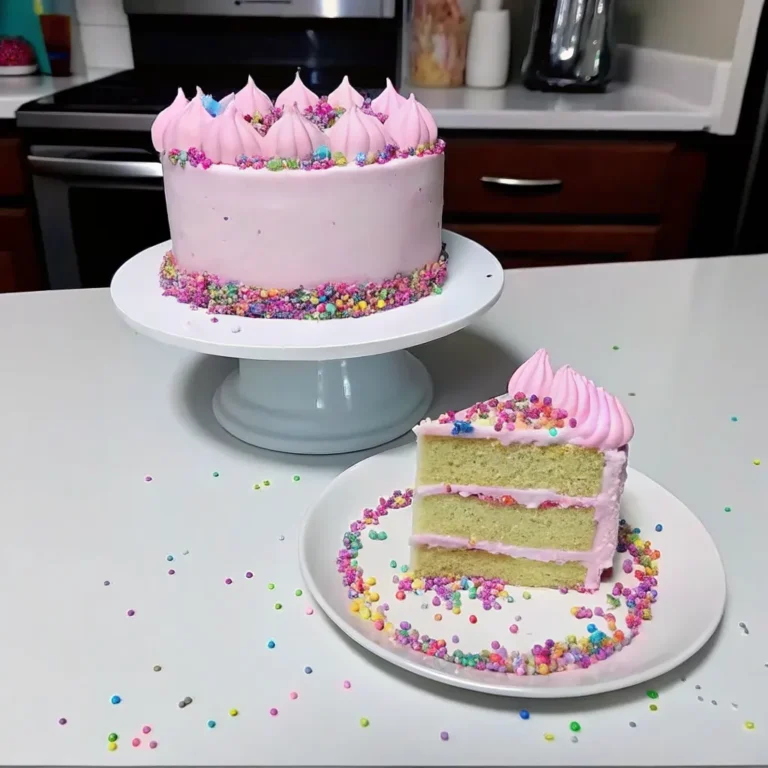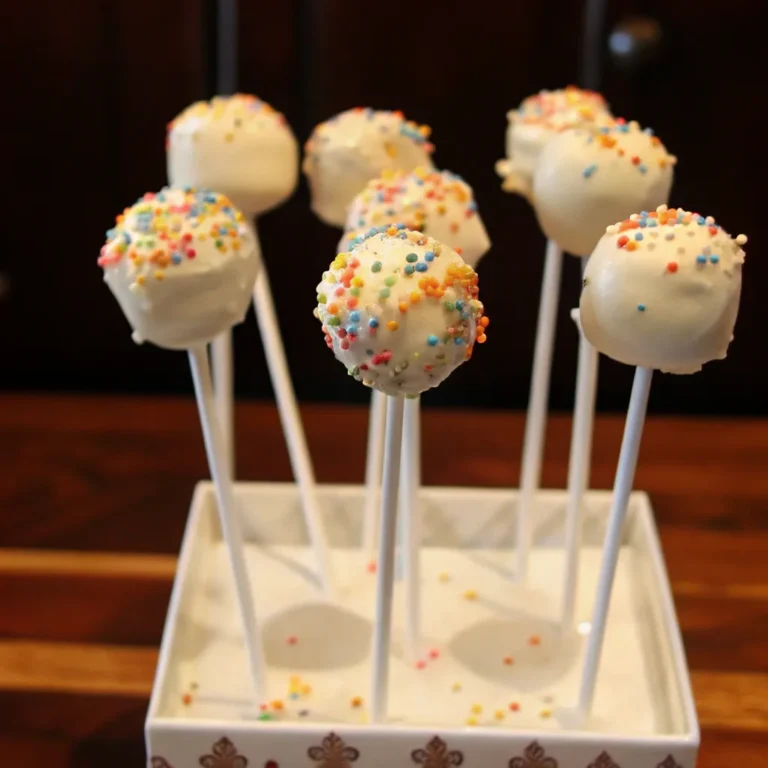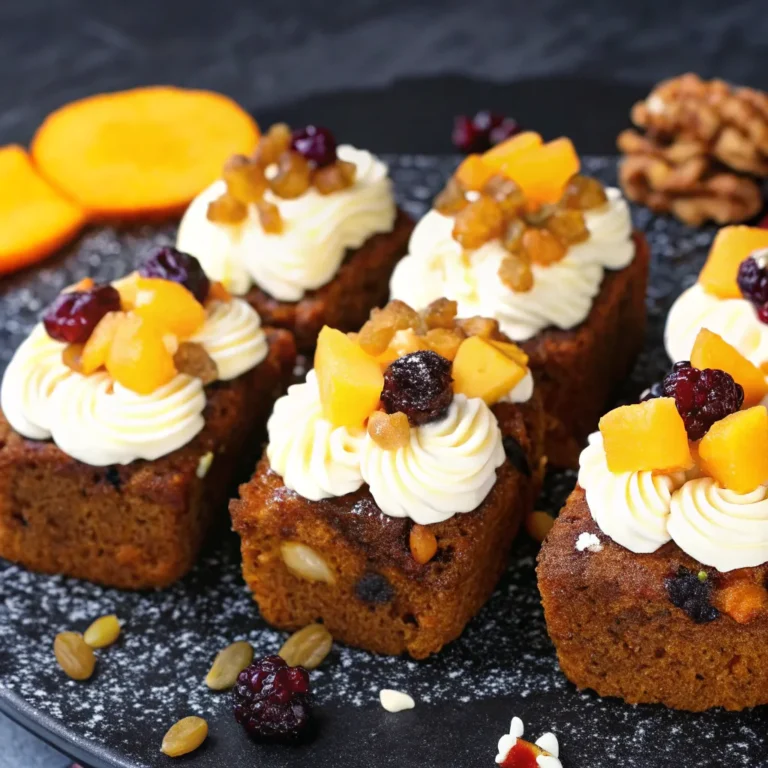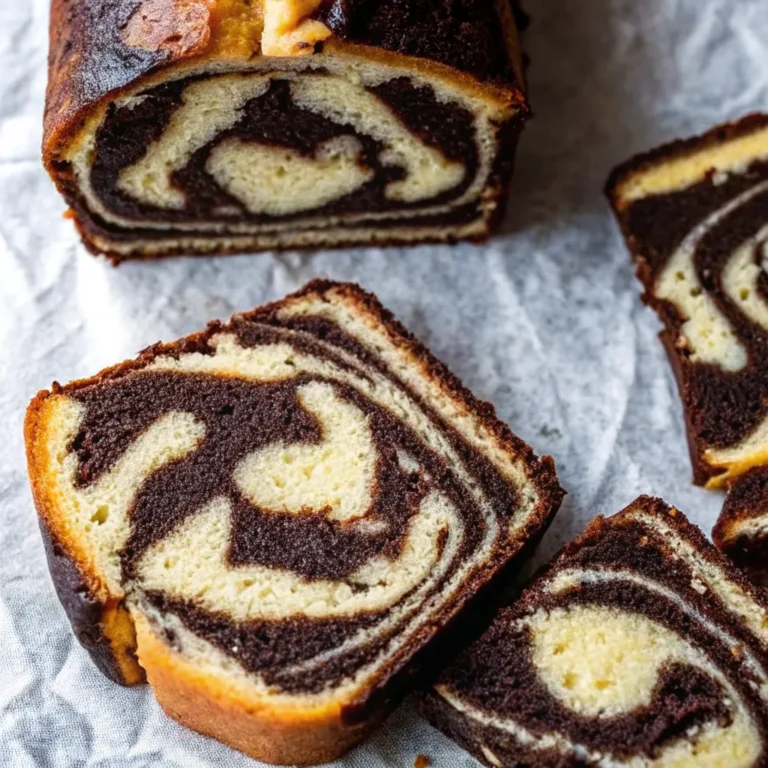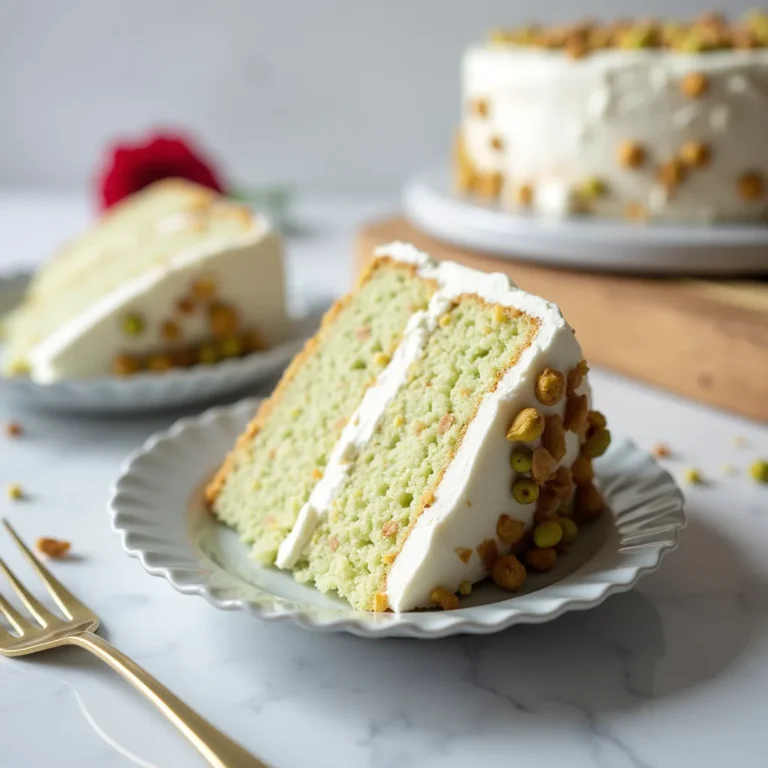The Ultimate Guide to Vegan Cakes: Tips and Tricks for Perfect Bakes
Table of Contents
Have you ever wondered what makes vegan cakes so special? It’s not just about skipping eggs, butter, or milk. It’s about creating delicious desserts that everyone can enjoy. Whether you’re baking for ethical reasons, dietary restrictions, or simply trying something new, vegan cakes are the perfect choice for inclusive and feel-good treats.
Welcome to The Ultimate Guide to Vegan Cakes. In this article, we’ll cover everything you need to know to master the art of vegan cake baking. Whether you’re just starting out or have experienced a few baking challenges, this guide is filled with practical tips and expert advice to help you bake cakes that are moist, fluffy, and absolutely delicious. So grab your apron and let’s explore the world of vegan cakes together!
Understanding Vegan Cakes
Vegan baking is all about creating delicious desserts without using any animal-derived ingredients. This means saying goodbye to traditional staples like eggs, butter, and milk. Instead, plant-based alternatives take center stage, offering a kinder, more sustainable way to enjoy your favorite treats.
But vegan baking isn’t just about swapping one ingredient for another. Baking is a form of science, where each ingredient serves a specific purpose. For example, eggs act as binders, holding the cake together and contributing to its structure. Milk adds moisture, keeping the cake soft and tender. Butter not only adds richness but also helps create that perfect crumb. In vegan cakes, it’s essential to find substitutes that can perform these roles just as effectively.
Why does this matter? Because vegan cakes don’t have to be a compromise. With the right knowledge and ingredients, you can create cakes that are just as fluffy, moist, and delicious as traditional ones. In fact, many people find that vegan cakes taste even better, as they allow the natural flavors of the ingredients to shine through. Understanding the basics of vegan baking is the first step toward creating cakes that everyone will love.
Key Tips for Vegan Baking Success
1. Know the ‘Why’ Behind Each Ingredient
In traditional baking, ingredients like eggs, butter, and milk play specific roles. Eggs bind the batter, provide structure, and help the cake rise. Butter adds richness and creates a soft crumb, while milk contributes moisture to keep the cake tender.
When it comes to vegan baking, understanding why these ingredients are used is the secret to finding the right plant-based substitutes. For example:
- Eggs: Often used for leavening and binding. A combination of vinegar and baking soda creates the same fluffy rise by producing carbon dioxide bubbles. For binding, ingredients like flaxseed meal or chia seeds mixed with water can hold the batter together effectively.
- Butter: Adds fat and flavor. Coconut oil or vegan margarine works well to provide richness, while nut butters like almond butter can add both moisture and depth of flavor.
- Milk: Keeps the cake moist. Plant-based milks like almond milk, soy milk, or creamy coconut milk are excellent alternatives, depending on the desired texture and flavor profile.
By understanding the purpose of these ingredients, you can make substitutions that not only work but enhance your cakes.
2. Avoid the One-to-One Swap Trap
One of the most common mistakes in vegan baking is assuming you can replace animal-based ingredients directly with vegan substitutes in the same quantities. For example, swapping three eggs in a traditional cake recipe for three flax eggs may sound logical, but it often leads to disappointing results.
Why? Because baking is a delicate balance of chemistry. Eggs perform multiple functions in a recipe, such as binding, leavening, and adding moisture. A single substitute usually can’t do it all. Thoughtful adjustments are key. For example, if a recipe calls for eggs to act as a binder and a leavening agent, you might use a flax egg for binding and vinegar with baking soda for leavening.
Every recipe is unique, so take the time to understand what each ingredient contributes. A little experimentation goes a long way in crafting cakes that are perfectly moist, fluffy, and satisfying.
Testing and Experimenting in the Kitchen
If there’s one thing that can elevate your vegan baking skills, it’s testing and experimenting. Every recipe is unique, and finding the right balance of substitutes often requires a bit of trial and error. But don’t let that discourage you—each experiment is a step closer to becoming a vegan baking pro.
The Importance of Testing
Testing is all about discovering what works best for your recipes. For instance, not all egg replacements are created equal. A flax egg (made by mixing ground flaxseed with water) works wonders as a binder, while aquafaba (the liquid from canned chickpeas) can whip up into a meringue-like texture perfect for light and airy cakes. Similarly, the type of plant-based milk you choose—whether it’s almond, soy, or oat—can slightly alter the flavor and texture of your cake.
Examples of Successful Substitutes
Here are some tried-and-true substitutes that often work well in vegan cakes:
- Flax eggs or chia eggs: Ideal for binding and adding a bit of density to cakes.
- Aquafaba: Excellent for creating light and fluffy textures, such as in sponge cakes or mousses.
- Vinegar and baking soda: A classic combination for leavening, helping cakes rise beautifully.
- Plant-based milks: Soy milk is a great all-around choice, while coconut milk adds richness and moisture.
- Coconut oil or vegan butter: Perfect for adding fat and richness to your cakes.
Emphasizing Patience
Learning vegan baking is a journey, and it’s okay if every attempt isn’t a masterpiece. Be patient with yourself and view each bake as an opportunity to learn. If a cake doesn’t turn out as expected, take note of what went wrong and adjust your approach next time.
Remember, even professional bakers had their fair share of soggy cakes and split buttercreams before perfecting their craft. Stick with it, and you’ll soon be whipping up vegan cakes that rival (and often surpass) traditional ones in flavor, texture, and overall deliciousness.
Finding Trusted Recipes and Advice
When it comes to vegan baking, the quality of your recipes and advice can make or break your experience. Choosing reliable sources is just as important as selecting the right ingredients. Here’s how to find trustworthy recipes and advice to ensure your vegan cakes are always a hit.
Tips for Choosing Reliable Vegan Baking Resources
Not all recipes on the internet are created equal. Some are well-tested and reliable, while others may leave you with flat, dry, or tasteless results. Here’s how to find resources you can count on:
- Check Credentials: Look for bakers with proven expertise in vegan baking, such as professionals or bloggers who specialize in plant-based recipes.
- Read Reviews: Before diving into a recipe, check the comments or reviews. Feedback from others can give you valuable insights into whether the recipe delivers.
- Look for Visual Results: Trusted recipes often come with photos or videos that show the final product and key steps in the process.
- Understand Their Approach: Choose bakers whose values align with your goals. If you’re aiming for indulgent desserts, steer clear of ultra-healthy or minimalist recipes unless that’s what you’re looking for.
A Word of Caution: Not All Advice is Reliable
The internet is full of baking advice, but not all of it is trustworthy. Some tips may be recycled without proper testing or even come from non-vegan sources that don’t fully understand plant-based baking. Always vet the source before investing time and ingredients into a recipe.
Trusted Names in Vegan Baking
While it’s essential to explore and find bakers that resonate with your style, there are a few standout names in the vegan baking world:
- Chloe Coscarelli: Known for her indulgent, full-flavor vegan desserts that deliver on taste and texture.
- BOSH.TV: A great source for creative and approachable vegan recipes.
- Local Vegan Bakeries: Many professional vegan bakers share their recipes online, so check out the ones in your area or follow their blogs and social media for inspiration.
By finding resources you trust and bakers who share your vision, you’ll set yourself up for sweet success in the kitchen. Vegan baking is an adventure, and the right guides can make all the difference!
Overcoming Challenges with Curiosity
Baking, especially vegan baking, can sometimes feel like a rollercoaster ride. Flat cakes, greasy brownies, or cookies that refuse to hold their shape can leave you frustrated. But here’s a mindset shift: every failure is an opportunity to learn and improve.
Turning Failures into Learning Opportunities
Instead of throwing your hands up and walking away when something goes wrong, ask yourself, Why did this happen? Baking is a science, and every mishap has an explanation—and a solution. For instance:
- Flat Cakes: Could be due to insufficient leavening agents or overmixing the batter. Next time, double-check your measurements and mix until just combined.
- Greasy Brownies: Too much oil or fat? Adjust your ratios or switch to a more balanced recipe.
- Dry or Crumbly Texture: This often happens if there’s not enough moisture or binding agent. Try increasing your plant-based milk or using an ingredient like aquafaba for better binding.
Each challenge is an opportunity to learn something new about how vegan baking works, bringing you closer to mastering the art.
Practical Troubleshooting Tips
Here are some simple steps to approach baking issues with curiosity instead of frustration:
- Reflect on the Recipe: Analyze the ingredients and process to pinpoint what may have gone wrong.
- Research the Problem: Use resources or forums to understand why specific issues occur.
- Make Adjustments: Tweak the recipe one step at a time, so you can identify what works and what doesn’t.
- Keep a Baking Journal: Note the changes you make and the results you get. This will help you refine your recipes and avoid repeating mistakes.
Patience Pays Off
Vegan baking takes practice. Think of each failed bake as a stepping stone toward perfection. With time and a curious mindset, you’ll gain the skills and confidence to troubleshoot any challenge—and maybe even develop your own signature vegan recipes!
Conclusion
Vegan baking is more than achievable—it’s an exciting, rewarding journey when you have the right knowledge and mindset. From understanding the science behind vegan cakes to experimenting with substitutes, tackling challenges with curiosity, and finding trusted recipes, you’re now equipped with the tools to bake delicious cakes that everyone can enjoy.
At Take Your Recipes, we’re here to support your vegan baking adventures. Have a tip, trick, or recipe you swear by? Share your experiences and favorite vegan baking hacks in the comments below. We’d love to hear from you and grow this vibrant community together!
Happy baking!

